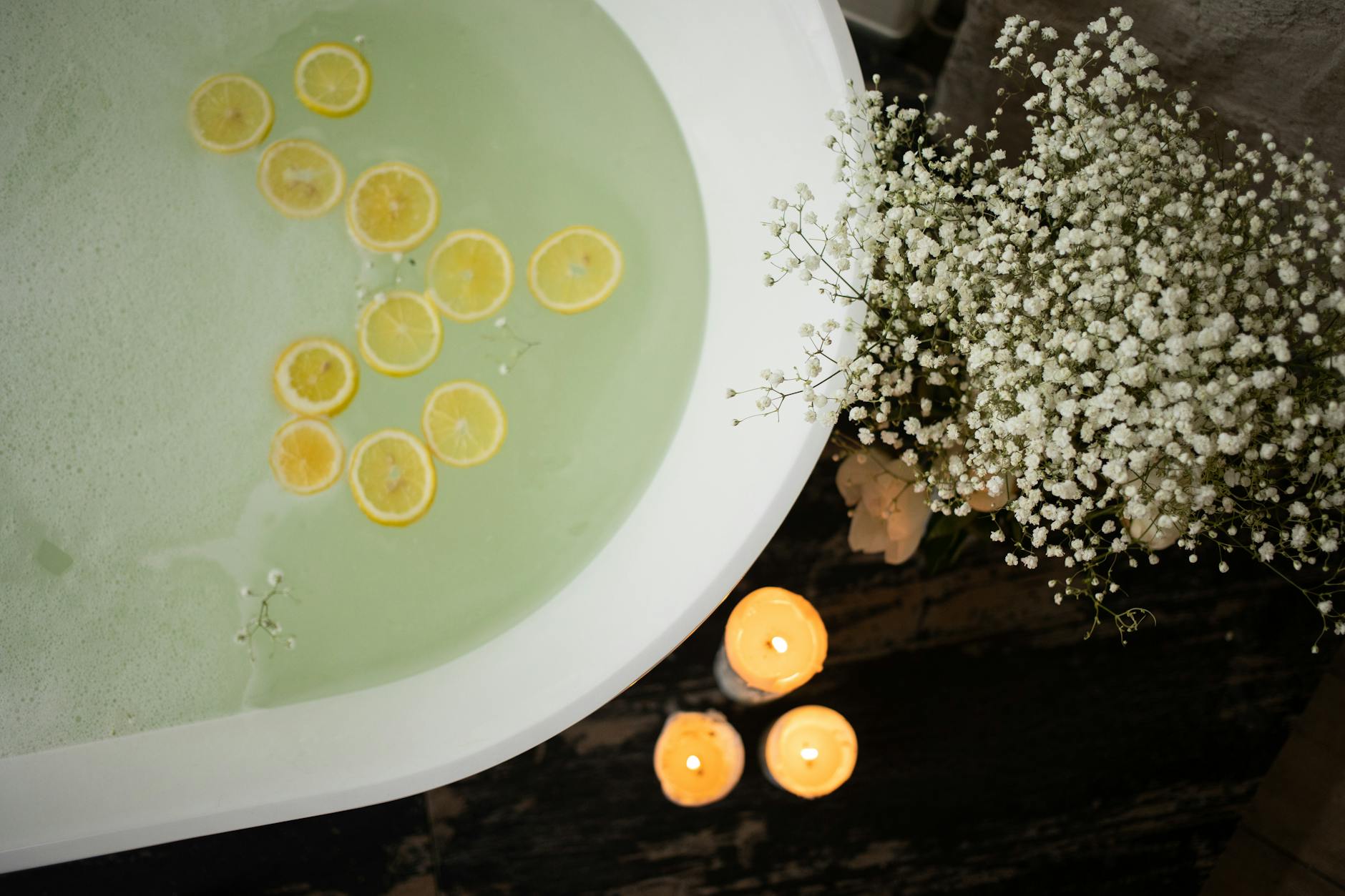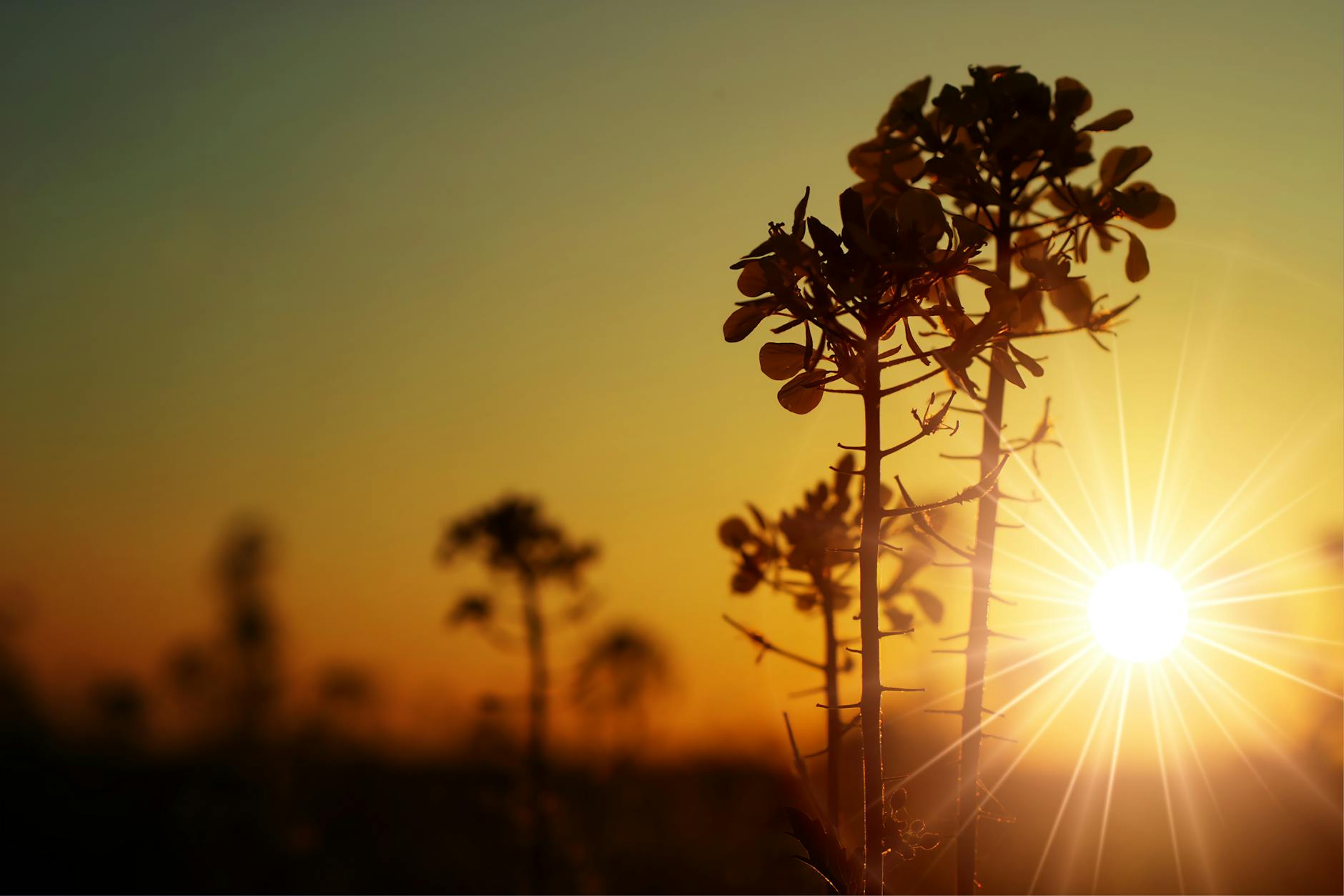How to Safeguard Australia’s Beaches with Smart Sunscreen Choices

Choosing the Right Sunscreen
When choosing sunscreen for your beach outings at the Gold Coast, it's crucial to consider not just your family's health, but also the environment. Here, as someone who regularly oversees activities at Surfers Paradise Beach, I understand the importance of selecting a reef safe sunscreen. Such sunscreens help ensure our marine ecosystems are protected while providing efficient sun protection.
I always recommend looking for zinc sunscreen products, which are known for their effectiveness in sun protection. Zinc oxide acts as a physical blocker, preventing UVA and UVB rays from reaching your skin. Moreover, it’s less likely to harm marine life compared to chemical alternatives. But how do you know if a sunscreen is reef-safe? Look for product labels that are free from harmful ingredients like oxybenzone and octinoxate, both of which have been linked to coral reef damage.
While it's vital to prioritise environmental impact, ensuring a sunscreen's effectiveness shouldn't be overlooked. Check that the product offers broad-spectrum protection and features a high SPF rating. High-SPF sunscreens provide better protection against UVB rays, crucial for safeguarding your skin during extended beach visits.
Being informed about sunscreen ingredients and their environmental impact can significantly contribute to marine conservation. Next time you prepare for a sun-soaked day at our beaches, make a conscious choice that protects both your family and our precious oceans.
Effects of Chemicals on Marine Life
As a lifeguard supervisor on the iconic Surfers Paradise Beach, I've witnessed the delicate balance between enjoying the sun and protecting our marine environments. The sunscreen choices we make can profoundly impact marine life, particularly when beachgoers are unaware of the harmful effects certain chemicals can have. Some sunscreen ingredients disrupt marine ecosystems, with oxybenzone and octinoxate being prime culprits. These substances are known to cause coral bleaching, affecting not just the vivid reefs but also the diverse marine species reliant on these corals for habitat.
It's concerning that these chemicals interfere with the growth and reproduction of marine organisms, leading to weakened coral structures and diminished biodiversity. Yet, there’s good news: we can mitigate these impacts by choosing alternatives, such as natural sunscreen options. These formulations often exclude harmful substances and instead use mineral ingredients like zinc oxide and titanium dioxide, which are safer for aquatic ecosystems.
Promoting marine conservation is crucial, as the health of our local beaches directly influences the vitality of broader ocean systems. Taking a cue from initiatives like Sea World Gold Coast’s marine conservation programs, we can collectively make informed decisions that preserve our stunning marine environments. Our choices help ensure that future generations will continue to marvel at the beauty and diversity of our oceans.
Educating the Community
Simplifying Complex Information
In my role as a lifeguard supervisor, I've seen countless families basking along our stunning beaches like Surfers Paradise Beach. It becomes essential that we simplify complex information about baby sunscreen to ensure parents truly understand its importance. Stripping away the jargon helps communicate vital points effectively, making it easier to grasp why choosing the right sunscreen is critical for both human health and marine life. For instance, articulating that certain ingredients contribute to coral bleaching can encourage parents to make more considerate choices without getting bogged down by scientific terminology.
Effective Communication Strategies
Delivering this crucial information requires adopting effective communication strategies that resonate with the community. I regularly engage in small, informal discussions with families during my patrols. Sharing personal stories about how marine life thrives when we collectively choose eco-friendly options captures attention. Handing out easy-to-understand pamphlets and setting up interactive kiosks at events at Kirra Beach also prove valuable in ensuring everyone—from tourists to locals—can make informed sunscreen choices.
Engaging Community Events
Hosting engaging community events is another method to spread awareness. These events provide a platform for discussion and learning, demonstrating firsthand the impacts and benefits of mindful sunscreen use. We incorporate activities inspired by local marine conservation initiatives at Sea World Gold Coast, offering a touch of fun while emphasizing essential conservation messages. Activities such as these foster a sense of community commitment and encourage a practical and unified approach towards better sunscreen choices, empowering us all to protect the marine ecosystems we cherish.
Implementing Sustainable Practices
Guidelines for Personal Usage
As someone deeply committed to environmental conservation, I often share advice on making sustainable choices when using sunscreen. Choosing a good kids sunscreen is one way to shield your little ones from harmful UV rays while also minimising environmental harm. Look for products that are free from oxybenzone and octinoxate, chemicals known to contribute to coral bleaching. It's also important to apply the sunscreen generously and evenly, ensuring every part of exposed skin is protected.
Recommendations for Beachgoers
At Surfers Paradise Beach, I've seen firsthand how collective action can make a significant impact. Every beachgoer should aim to use reef-safe sunscreens, which not only protect your skin but also help preserve our cherished marine environments. Encourage your family and friends to be conscious of their sunscreen choices, supporting products that offer effective sun protection without harming marine life. In doing so, you're actively participating in a broader effort to safeguard our natural resources.
Collaborating with Local Vendors
Collaboration is crucial when advocating for sustainable practices. By teaming up with local vendors who stock eco-friendly products, we can make it easier for everyone to access reef-safe sunscreens. Whether it's through informative seminars or product demonstrations, engaging the community helps spread awareness and empowers individuals to make informed decisions. As lifeguards and community leaders, we can steer initiatives that foster both education and action, aiming to protect the magnificent ecosystems we enjoy every day.
Avoid Common Mistakes for Safer Sunscreen Choices
Don't Misinterpret Labels
One common error I often witness on the sands of Surfers Paradise Beach involves the misinterpretation of sunscreen labels. It's easy to think that an SPF of 50 offers double the protection of an SPF 25, but that's simply not the case. An SPF 30 filters out approximately 97% of UVB rays, while an SPF 50 blocks around 98%, a marginal difference for those lengthy beach days. As a lifeguard with years of experience, I've seen many parents, eager to safeguard their children, select sunscreens based solely on SPF, overlooking redness or irritations caused by certain additives. It’s crucial to delve deeper into what’s in your bottle.
Consider Ingredient Synergy
I've often shared my personal narrative on watching beachgoers ignore the interplay of various sunscreen ingredients. Certain compounds, like oxybenzone and octinoxate, not only conflict with one another but also have negative impacts on marine life. This is a significant concern given the marine conservation initiatives at Sea World Gold Coast. When selecting a sunscreen, ensure you're opting for formulas with ingredients that support skin health and the environment.
Maintain Consistent Application
Despite many guides and lifeguard flags on Kirra Beach directing folks toward best practices, the inconsistency in sunscreen application persists. Applying a thick layer of sunscreen every two hours, especially after swimming, is essential. I’ve seen firsthand how easy it is for distractions—kids building sandcastles, surf life-saving events—to pull parents away from reapplying those necessary layers. Keeping a small reminder card in your beach bag or setting an alarm can make a world of difference in protecting your family from harsh UV rays.


